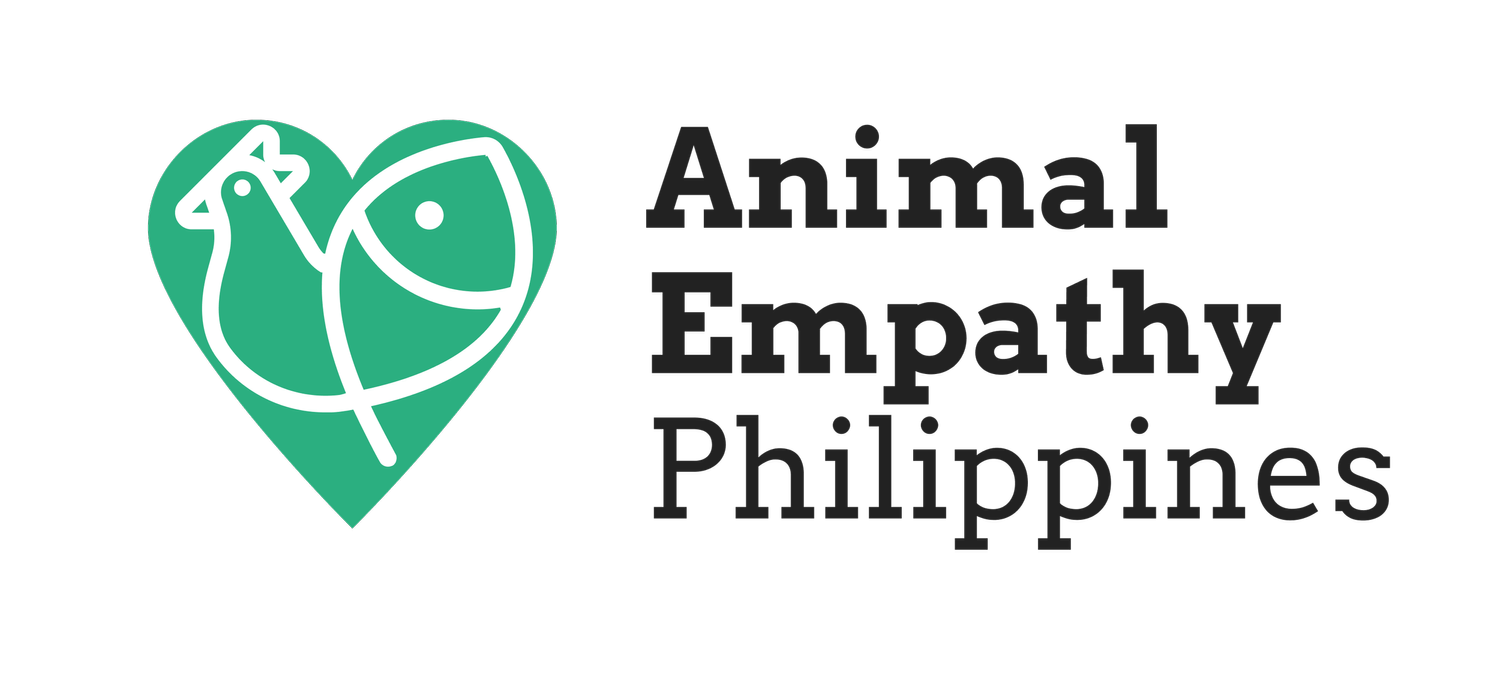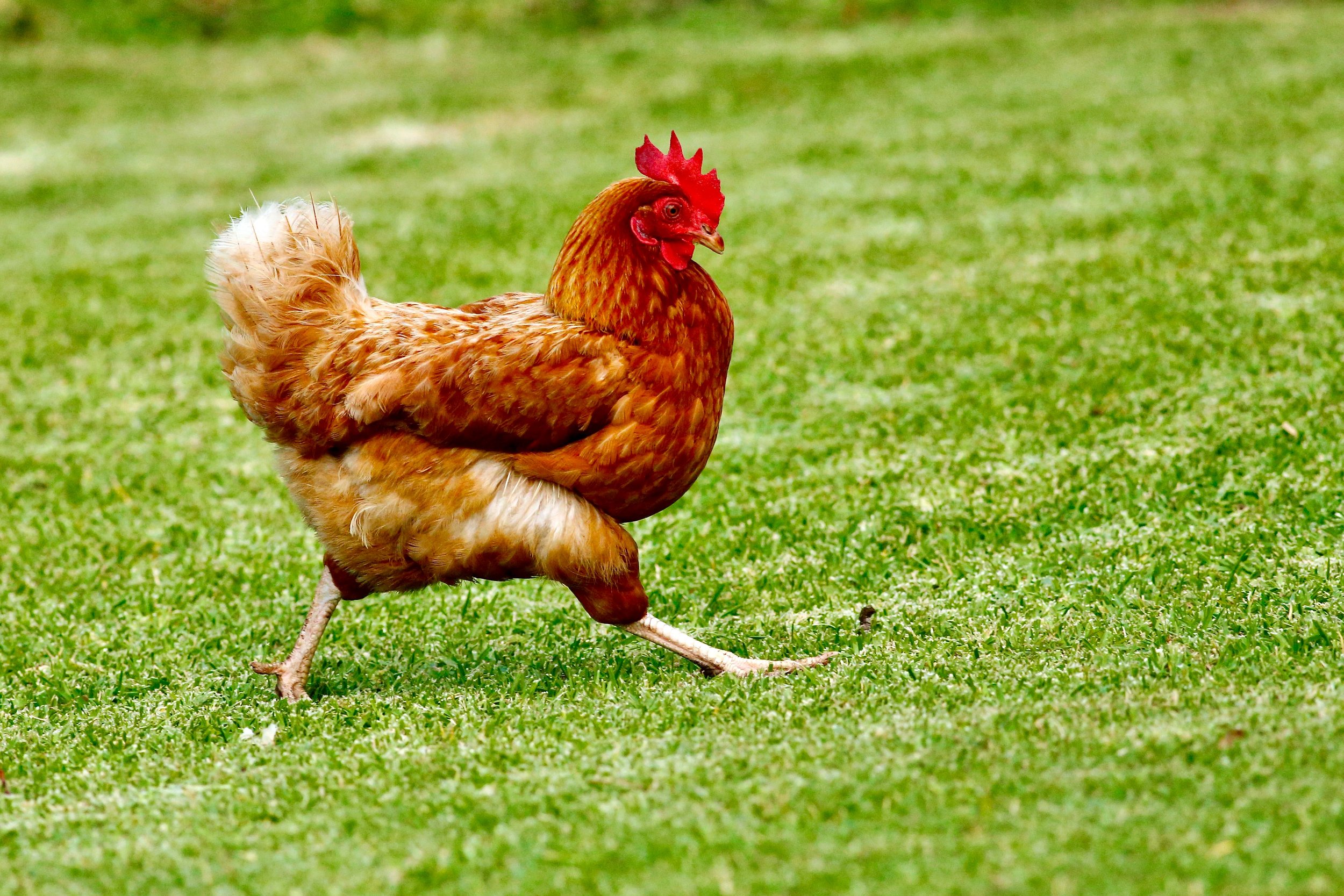Am I in YOUR Circle?: A Lesson on Moral Circle Expansion
Written by Pia Tabanao
Photo by James Wainscoat on Unsplash
“The question is not, "Can they reason?" nor "Can they talk?", but "Can they suffer?” ― Jeremy Bentham
What is moral circle?
Human beings have a tendency to draw boundaries, but over the centuries, our boundaries have expanded and included many people that were previously outside of it (1).
This boundary is called the moral circle. It’s a concept introduced by Lecky (1869) and popularized by Singer (1981), which refers to the boundary around entities that are granted moral concern (1),(2).
The Moral Circle. This conceptualization draws on Crimston et al. (2018).(4)
Those in the inner circle are granted full moral consideration: their interests are fully taken into account in moral decision-making. Those in the outer circle are granted a moderate level of moral consideration, but their interests are devalued relative to those in the inner circle. Those at the frontiers of the circle, on the other hand, are granted minimal moral consideration, and those outside of the circle are granted no moral consideration at all (4).
Another illustration of the moral circle comes from Environmental Ethics, which overviews an ethical sequence in which the individual extends concern outward beyond the self to progressively more inclusive levels (2).
Moral Circle, Environmental Ethics(6)
Let’s take Alice and Bob as an example. Perhaps Alice’s moral circle includes only herself and her family, while Bob’s moral circle includes all animals (including all people). With reference to the diagram above, we could say that Alice’s moral circle includes only the first two green circles. On the other hand, Bob’s moral circle extends to all entities in the light yellow circle (i.e., all animals, including all people)(2).
This may suggest that Alice believes, or will act as if, only herself and her kin have moral standing; who have “intrinsic moral worth”. Meanwhile, Bob may believe, or act as if, all animals have moral standing. So, Alice and Bob may not think in similar terms, and there may be inconsistencies between their actions and their beliefs (2).
Why do we think it’s important to expand our moral circle?
“The only justifiable stopping place for the expansion of altruism is the point at which all whose welfare can be affected by our actions are included within the circle of altruism.” -Peter Singer, in The Expanding Circle: Ethics, Evolution, and Moral Progress
Moral circle expansion is when you move your inner circle outwards. An example of this is stretching your sense of care from kin to people of other races to nonhuman animals, such that “more distant” entities are now in one’s moral circle (2).
Failure to expand our moral circle has led to the extreme suffering of many sentient beings. If only communities had extended their moral concern to other groups of sentient beings, many historical atrocities could have been prevented. This includes extending moral concern to humans of various races, sexualities, genders, or nationalities—or animals of various species who share this planet with humankind.
So even if one is unsure what exactly the future of the moral circle should look like, pushing on the current frontiers of the moral circle is a compelling moral priority. If you are concerned with doing the most good or with preventing serious wrongs, then expanding the moral circle to include, ideally all sentient beings, is worthy of consideration (3).
Why include farmed animals in our moral circle?
Over 100 billion land animals are on farms right now, according to the Sentience Institute. And sadly, the overwhelming majority — 99% in the US and over 90% globally — are crowded in inhumane facilities known as “factory farms.”
The intensive confinement of animals on these farms leads to a range of psychological and physical health problems (9). Many of these animals endure painful deaths because of health complications caused by their breeding or environment (8). Some animals are debeaked, castrated, or mutilated in other ways without anesthesia. These are just some examples of the suffering farmed animals experience.
While there are some laws globally and locally in place to protect their interests, society has a long way to go before farmed animals are granted full moral circle inclusion. Additionally, attention to farm animal welfare is highly neglected. This means that even when we only consider the limited resources that society directs to nonhuman animal issues, a small proportion (7) goes towards farmed animals.
Having farmed animals as frontiers of the moral circle is important to consider as increased concern for farmed animals may be the gateway to consideration for future sentient beings who may exist in astronomical numbers and who may be very dissimilar to humans (3).
References
(1) Should animals, plants, and robots have the same rights as you?
(2) Moral circles: Degrees, dimensions, visuals
(3) Moral circle expansion: A promising strategy to impact the far future
(4) https://www.sentienceinstitute.org/perspective
(5) The Expanding Circle: Ethics, Evolution, and Moral Progress
(8) Understanding Mortality Rates of Laying Hens in Cage-Free Egg Production Systems
(9) An HSUS Report: The Welfare of Animals in the Pig Industry




